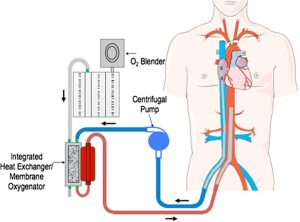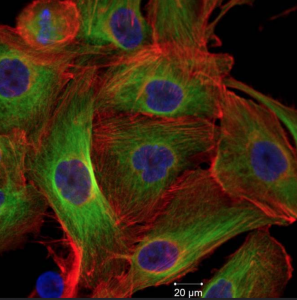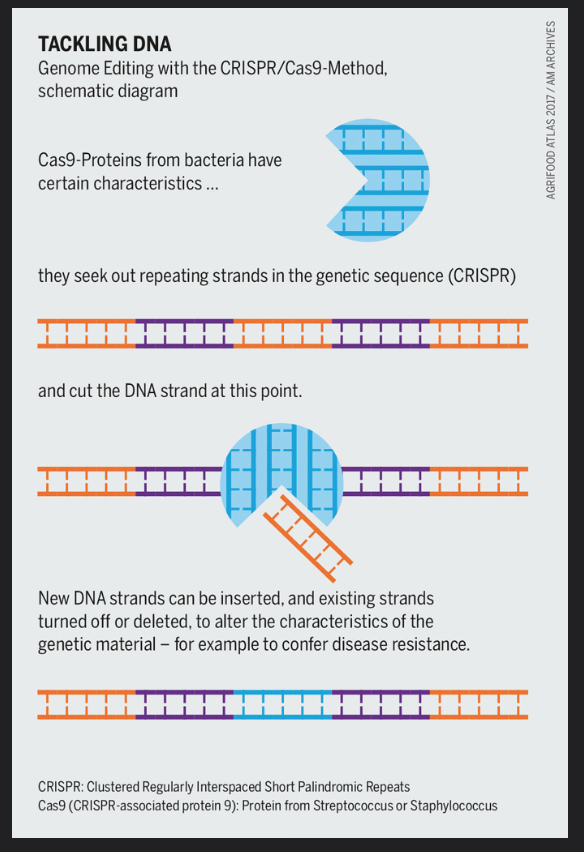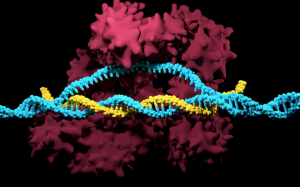
A child eating pizza. Image from Wikimedia Commons
One slice of pizza turns into five boxes of pizza and twenty hours later… you’re still eating! Imagine an insatiable hunger and a love for food turned deadly. When eating becomes your worst enemy, Prader-Willi Syndrome may be the culprit.
What is Prader-Willi Syndrome?
Prader-Willi Syndrome (PWS) is a rare genetic disorder in which an individual feels hungry all the time. So much to the point where they are found constantly eating, and can continue eating even after they’re full. These individuals can literally eat to the point of death.
PWS was first described in 1956 by Swiss doctors Andrea Prader, Alexis Labhart, and Heinrich Willi. Anyone can develop PWS, and it was found that this disorder affects nearly 1 in every 15,000 births. As a result, PWS is one of the leading causes of childhood obesity.
Symptoms of a Deadly Appetite
The most common symptom of PWS is chronic hunger. Other symptoms can include: poor muscle tone during infancy, early-onset obesity, limited growth, delayed motor and verbal skills, behaviour and mental disorders, and curvature of the spine.
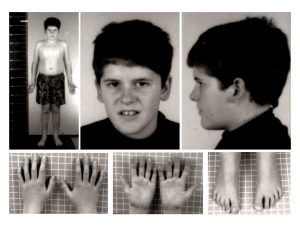
A 15-year-old child with typical PWS facial features. Note the presence of mild truncal obesity. Image from Wikimedia Commons
How does this happen?
PWS is a genetic disorder, which means that children inherit this disorder from their parents. Specifically, from an abnormality in a chromosome that comes from the father. This abnormality arises when a part of the gene is missing or malfunctioning. When this occurs, the hypothalamus (the part of the brain that controls hunger and thirst and releases hormones that promote growth) stops working which results in an inability to regulate food intake.
Is there a cure?
Unfortunately, there is no known cure for PWS. In fact, most of the research to date has only been targeted towards developing treatments for the disorder. For example, doctors may prescribe a growth hormone to treat PWS that not only increases height, but also decreases body fat, increases muscle mass, improves weight distribution, increases stamina, and increases bone mineral density.
Ultimately, the inability to regulate food intake remains one of the biggest obstacles that prevent individuals with PWS from living independently. There is still no effective medication that aids in regulating appetite. Nevertheless, those with PWS can still live a long and fulfilling life with the right guidance and support, as seen with Katie in the video below. Her documentary on living life with PWS gives us a better insight into the disorder, and presents a new meaning to the saying “you are what you eat”:
Documentary of Katie, a child living with PWS. Video from Youtube.
-Christina Rayos


